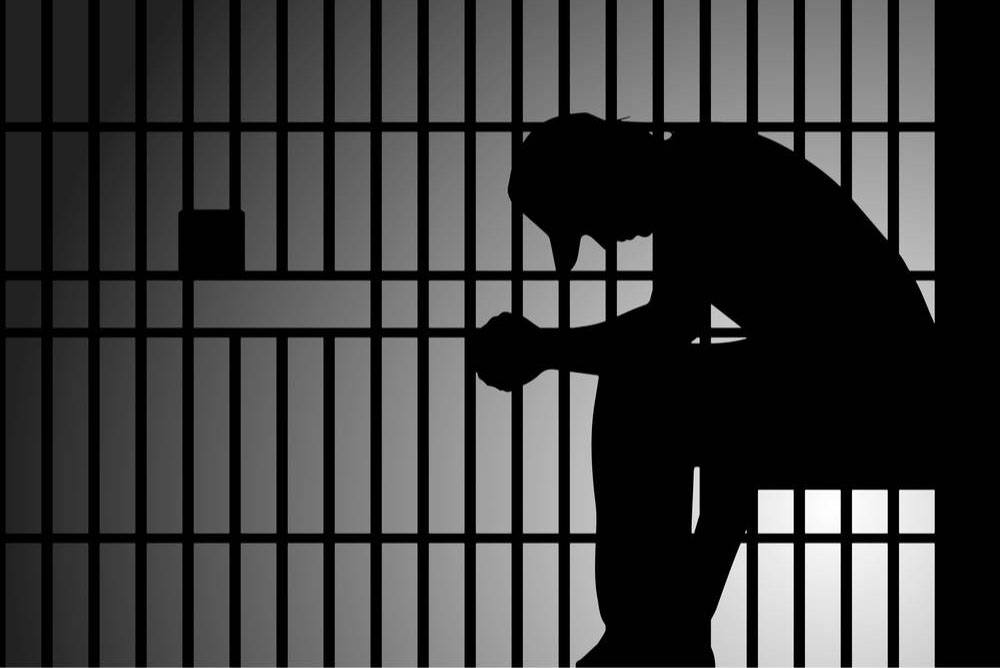Could Diversion Programs Help More People Find Meaningful Work?

The issue of drug addiction is widespread, and Mississippi is no exception.
This issue touches everyone in the state – almost everyone has a family member, friend, or co-worker who’s struggled with issues of addiction.
Addiction comes with catastrophic costs and can be deadly – the number of opioid overdoses has been on the rise and is now one of the leading causes of death in the United States.
States across the country are grappling with how to address this issue in a way that actually helps people get better and improve their lives.
It’s become apparent that the old model for dealing with drug addiction – incarceration – does not work in every situation. In many cases, individuals with drug addictions are arrested, incarcerated, and released, with the underlying problems of addiction never being addressed. This model is not only expensive, it can be ineffective and even counter-productive. Incarcerating people for low-level offenses and placing them in prison with serious offenders can only make their problems worse.
This growing realization has led states to try new, evidence-based approaches that provide better outcomes. Collectively, these new policies are referred to as “diversion.”
The goal is to divert those with addiction issues from prison and prioritize treatment for their issues.
This can take many different forms – drug court, probation paired with drug treatment, and law-enforcement assisted diversion.
Jurisdictions that have successfully implemented these diversion programs have seen encouraging results.
Case studies of some diversion programs show that participants are 58% less likely to be rearrested after participating.
This would be a huge improvement that would not only decrease the strain on our law enforcement and courts, it would be a huge boost to our workforce by providing more people a pathway to a productive job.
Mississippi does have some diversion options, but they are limited.
Drug Courts are in place statewide, but their effectiveness varies from county to county. In some places, individuals can be denied diversion and treatment if they can’t pay for it. This can have the effect of further pushing people into a vicious cycle of crime, incarceration, and poverty.
Expanding the tools available to help address addiction issues can help keep our communities safer, and reduce the stress on our prison and welfare systems.
A new report details how five states have responded to this issue by classifying drug possession as a misdemeanor and pursuing treatment-based strategies to help provide better outcomes. The report also outlines how adopting similar changes in Mississippi could reduce our prison population, saving taxpayers millions, while improving the safety of our communities and helping more individuals address their addictions.
Empower Mississippi supports reforms that prioritize treatment. These approaches better address the underlying issues that lead individuals to a life of crime. By implementing these reforms, we can help more Mississippians get back on their feet and get back to work providing for themselves and their families.